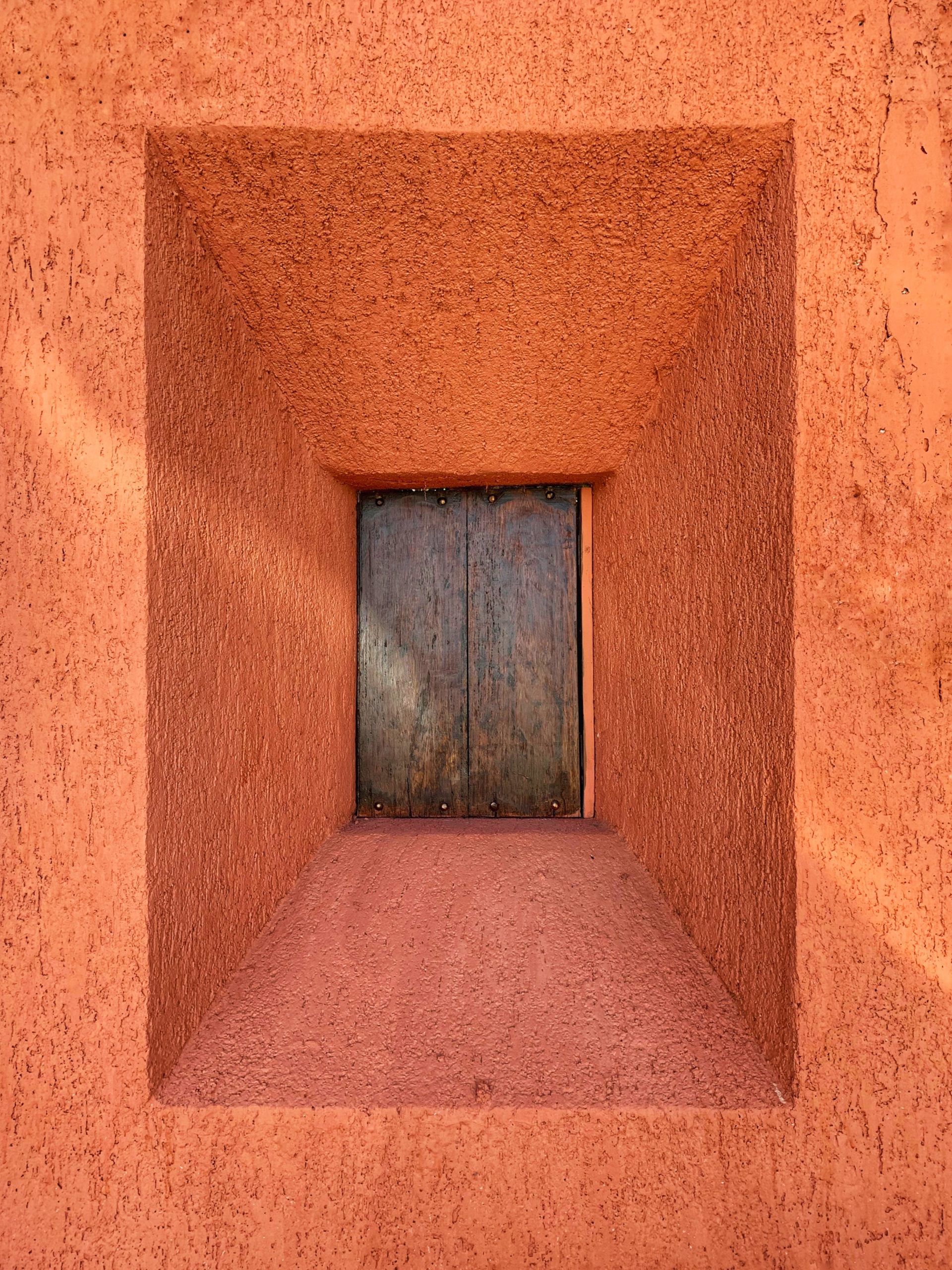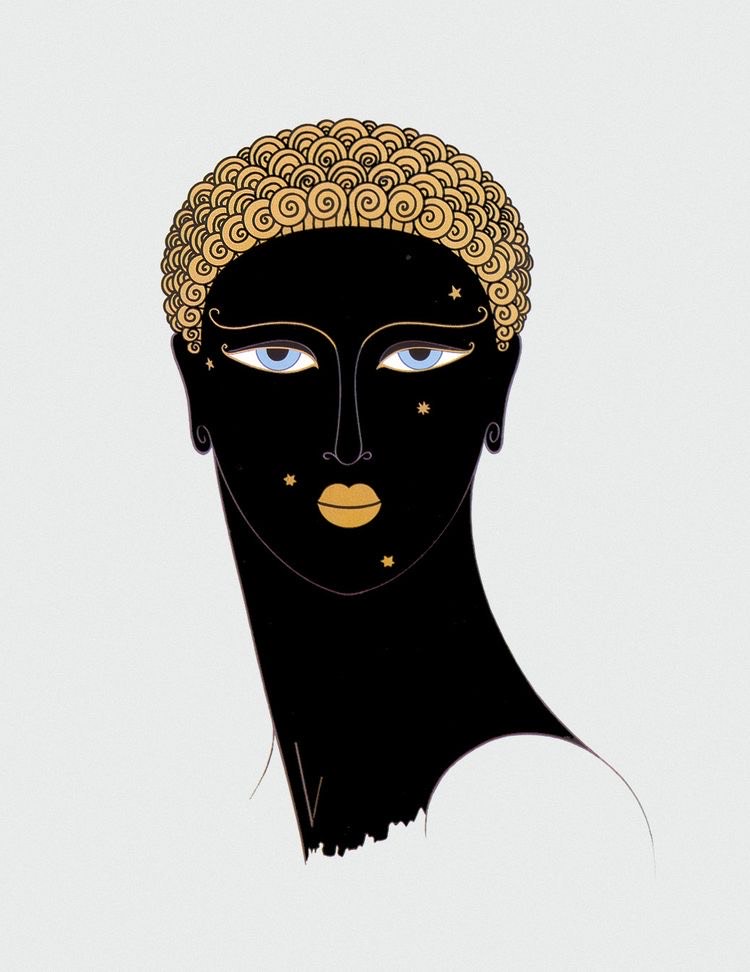“The Spotlight” brings to light the stories of Muslim women of the past and present. In this instalment, TMWT tells the story of Zainab bint Al-Kamāl, the influential scholar behind scholars.
“From her students and those who took knowledge from her are Imam al-Dhahabi author of Siyar A’laam al-Nubala.” – Imam Ibn Katheer
In seventh century Arabia, when Islam descended upon the world, the noble messenger of the message of the Qur’an, Muhammad (PBUH), taught us that there is no difference in worth between believers on account of their gender. Both have the same rights and duties to learn and teach – from memorising and transmitting the words of the Qur’an and Hadith to the interpretation of these sources and giving counsel to fellow Muslims through fatwas (legal opinions). It was with this newly acquired status that women soared high and made their distinguishing mark in history, so as to not be left behind when the greats of Islam were glorified.
A survey of the texts reveals that most of the important compilers of ahadith from the earliest period received many of them from women teachers, as the immediate authorities. Ibn Hajar studied from 53 women; As-Sakhawi had ijazas from 68 women and As-Suyuti studied from 33 women, a quarter of his shuyukh.
Considering Islam’s teachings on the fundamental equality of men and women, If we cannot attribute the subjugation of women to Islamic teachings, then why are there such gross violations of women’s rights in the Muslim world today? Relegating the Muslim woman only to the role of a mother and housewife is a relatively modern phenomenon. Didn’t women like Nusaybah bint Ka’b participate in battles? And didn’t Umm Salama avert a crisis at Hudaybiyyah?
According to Imam Dhahabi, none amongst female narrators of hadith were found to be fabricators. Women’s scholarly uprightness and ethics were unimpeachable. Today, any sexist male would have a problem admitting to these facts. Why then is there a scarcity of resources on the works of female scholars and narrators of hadiths from centuries back? Were their works considered unimportant? Or was there a conscious effort to write these works away from history? In the last fifteen years, Sheikh Muhammad Akram Nadwi has succeeded in unearthing the works of over 8000 female scholars from the past. Such vast numbers truly testify to the huge role that women have played in the preservation and development of Islamic learning since the time of the Prophet (PBUH).
Although Shaykh Akram’s study focuses on the narrators of Hadith, he found that women scholars had also contributed significantly in teaching “theology, logic, philosophy, calligraphy and many of the crafts that we recognise and admire as Islamic.” One of these prominent scholars was Zainab bint Al-Kamāl.
Who is Zainab bint Al-Kamāl?
Zainab bint Al-Kamāl was born in the year 646 AH to a great Muhaddith and Faqih, Ahmad Kamal al-Din Al Maqdisi. Details about her mother are unknown but according to the records, she lived all her life in al-Salihiyya, a suburb of Damascus. This area was known for its focus on religious study, much of which was documented; thanks to many contributions from scholarly Muslim women. Zainab had many students, many of whom would travel to take from her knowledge. She was known for her great manners and patience with her students.
At only the age of one, Zainab received her first ijazah from ‘Abd al-Khāliq al-Nishtibrī, followed by two more from Ibn al-Sayyadī and ‘Ajība al-Bāqadriyya. Collecting her first ijazah at only a year old, Zainab bint Al-Kamāl’s gathering of ijazahs occurred extremely and unusually early. This suggests that there must have been someone orchestrating her introduction into the muhaddithat life. it is suspected that her uncle, who is known to have been respected for his hadith transmission, could have been the person who initiated her into this practice.
At the age of two, she obtained an additional certificate from Habiba bint Abi Umar. By the time she was six years old, she had received the written permission for the transmission of knowledge from scholars from Aleppo, Alexandria, Cairo, Harran, and al-Sham. Between the ages of 6 and 12, she visited many assemblies held by the scholars of her time and received the exclusive right for transmission of the works she had heard. The scholars were confident in transmitting their knowledge to Zainab even though she was so young. It seems that many believed this girl would grow to become an eminent scholar later in her life.
Documentation from Ibn Hajar indicates that Zainab bint al-Kamāl never married. It also tells us that she suffered from ophthalmia – an inflammation of the eye, though it did not seem to impair her career. Although there are not many published sources detailing Zainab bint al-Kamāl’s life from her early teenage years to the age of 60, mention of her begins to occur once more in reference to her later years. These sources speak of the impressive number and importance of hadith collections transmitted by Zainab. She was also known to transmit the Mu’jam al-Samā’āt al-Dimashqiyya, where Damascene certificates were catalogued. These catalogues name Zainab bint al-Kamāl as a presiding authority of Majlis al-Sama thirty-four times.

It was found in the handwritten notes of Imam Ibn Katheer that he had heard Zainab bint al-Kamāl’s recitation of Muwatta by Imam Malik in the Hanabilah Mosque near Mount Qasioun in Damascus.
Zainab bint Al-Kamāl died in Damascus in the year 740 AH.
Excerpted From:
- Al-Shaykha Zaynab bint al-Kamal (d. 740 H), https://alsiratalmustaqeem.wordpress.com/2016/05/16/al-shaykha-zaynab-bint-al-kamal-d-740-h/
- The Lost Female Scholars of Islam, The Lost Female Scholars Of Islam | Feature Interviews | Features | emel – the muslim lifestyle magazine
- Zaynab bint al-Kamal – Zaynab bint al-Kamal – Wikipedia




